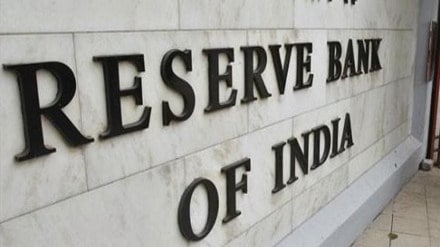The Unified Lending Interface (ULI) has facilitated the disbursal of over 1.4 million loans amounting to Rs 65,000 crore till April this year, RBI’s deputy governor T Rabi Sankar said on Tuesday.
Speaking at the IIMA Ventures’ Bharat Inclusion Summit 2.0, Sankar said the disbursals included a substantial number of Kisan credit card loans and MSME loans. The ULI, which is the RBI’s digital public infrastructure for the lending ecosystem, gives banks and NBFCs access to key financial and non-financial data of borrowers to make credit decisions more efficient. It helps lenders improve credit underwriting and disbursal, while allowing consumers to choose from a wider range of loan offers.“ULI is a platform that has lenders on one side and the data that is required for these lenders to process loans on the other side. At present, more than 60 such data sources have been linked to this platform,” he said.
Currently, 44 lenders, including various banks and NBFCs, are utilizing more than 60 data services to facilitate 12 loan processes. For example, Kisan credit card loans, given to small farmers normally took about a month, if not longer, and involved multiple visits by the farmer to a bank before the application was processed. Through ULI, the farmer can complete this process in less than 15 minutes, beginning to end.
\The pilot for ULI (earlier known as Public Tech Platform for Frictionless Credit) commenced on August 17, 2023. By December last year, the platform had facilitated the disbursal of over 600,000 loans amounting to Rs 27,000 crore, the RBI had said in its trend and progress report.
While ULI has been conceptualised by the RBI, it is designed and developed by the Reserve Bank Innovation Hub (RBIH). Besides ULI, RBIH is also developing another digital public infrastructure called MuleHunter, which is an AI-driven engine trained on the database of the entire lender’s ecosystem to identify mule accounts.
Sankar added that the tech has been tried out three times till now, and the success rate is more than 90%. RBIH is also creating an AI/ML-based digital intelligence platform to assess transactions in real time and assign a risk score to them, which will enable lenders to take a call on whether to approve these transactions or not. The model will use data from not just lenders but also from other sources, such as telecom operators.
